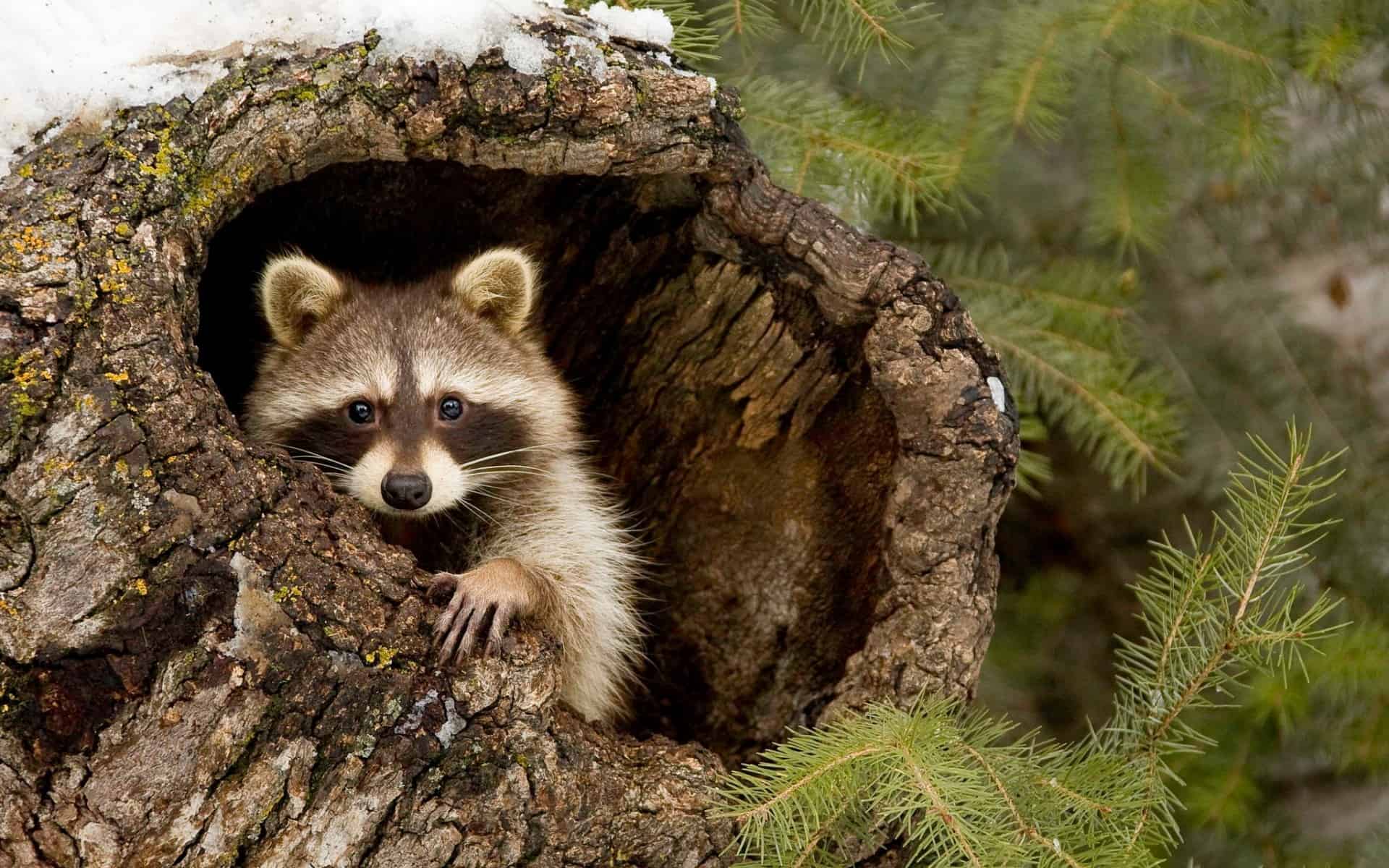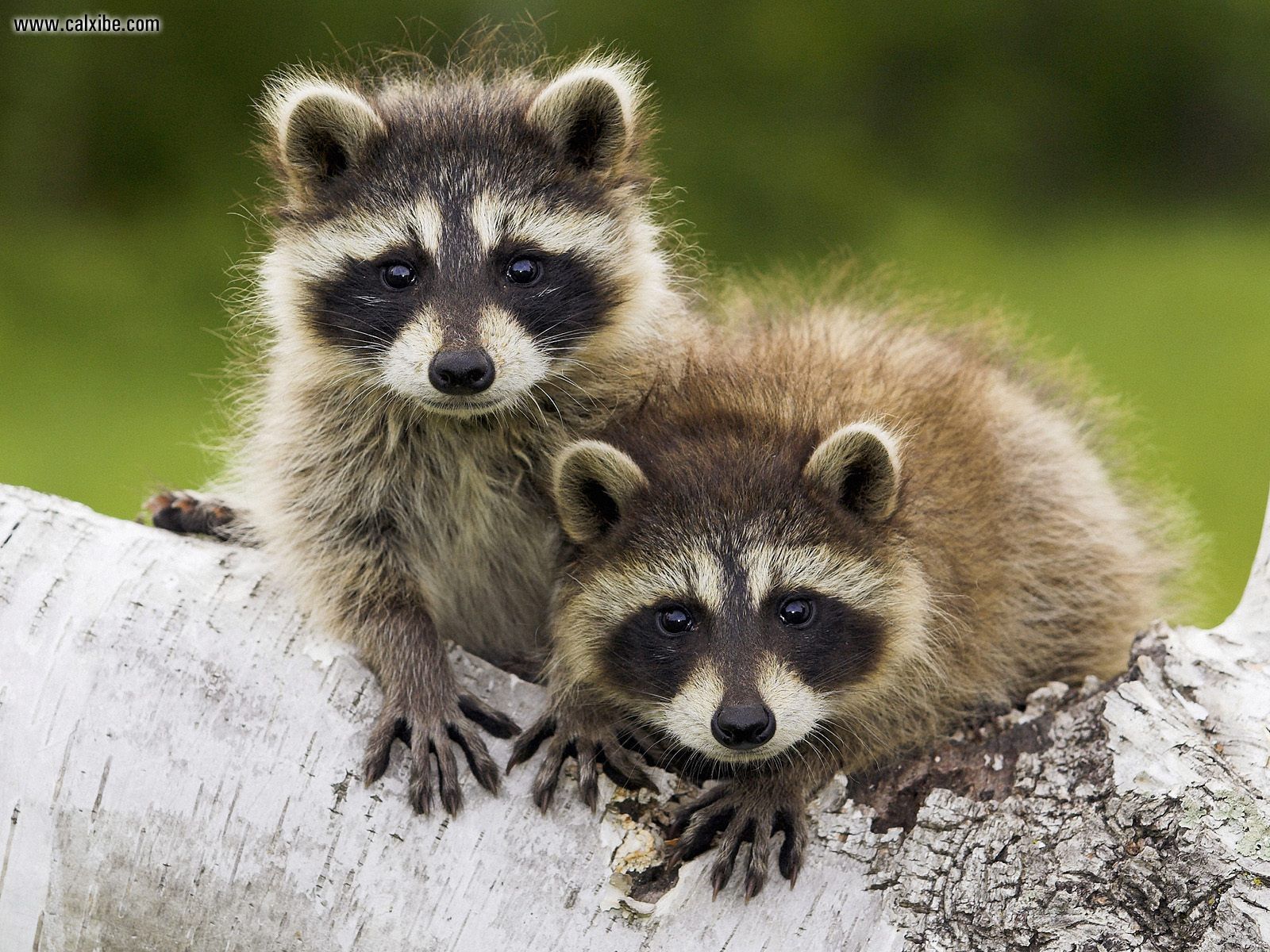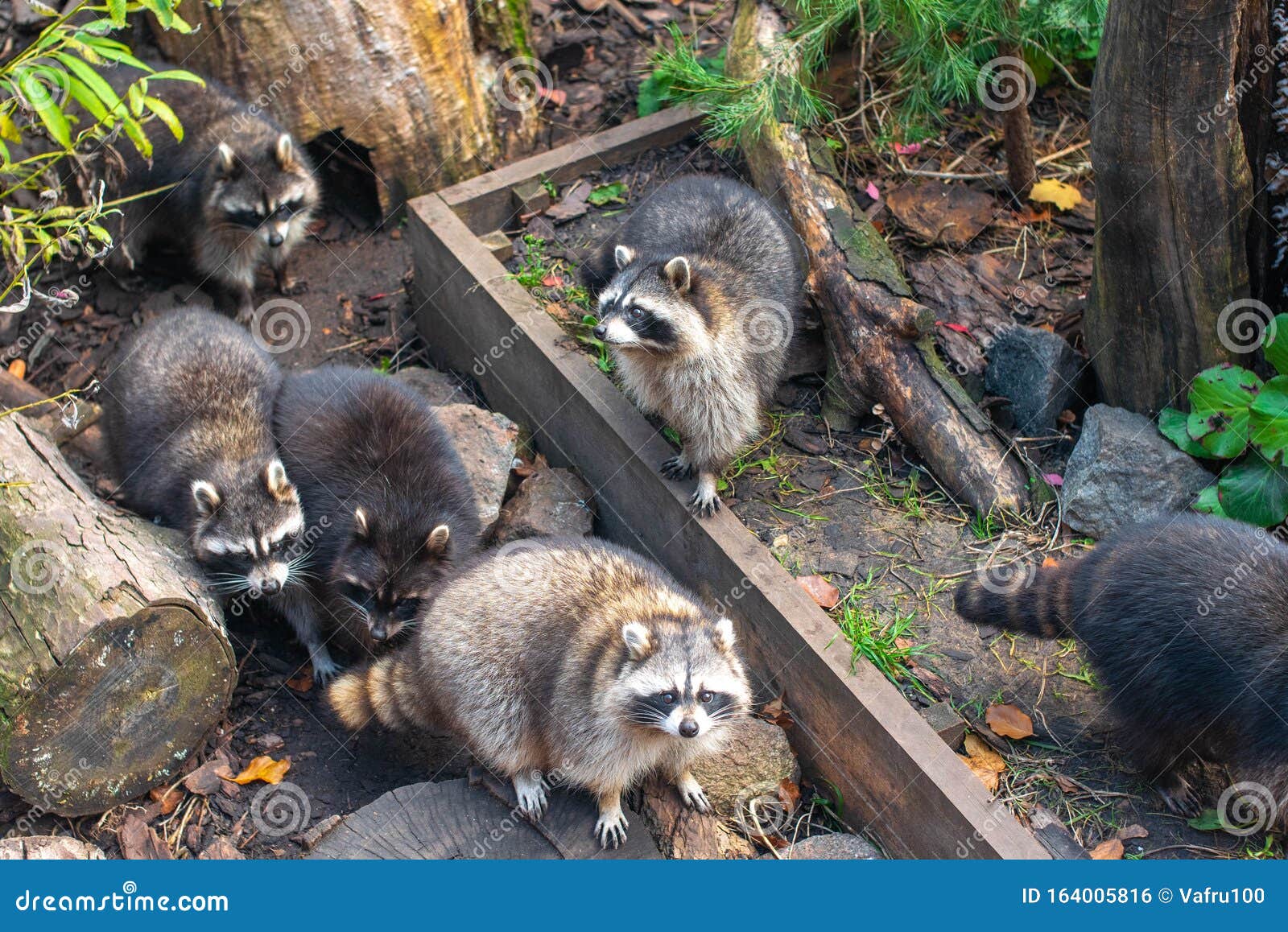Introduction
Raccoons are fascinating creatures that can be found in various habitats across North and Central America. With their distinctive masked faces and ringed tails, raccoons have become a popular subject of study and admiration. In this article, we will explore the behavior, habitat, diet, and adaptability of these intelligent mammals.

Behavior of Raccoons
Raccoons are known for their curious and mischievous nature. They are highly intelligent animals and have adapted well to urban environments. Their dexterity and problem-solving abilities are remarkable. Raccoons are primarily nocturnal creatures, although they can be occasionally spotted during the day. They are solitary animals, except during the mating season and when a mother is caring for her young.

Habitat of Raccoons
Raccoons are incredibly adaptable and can thrive in a wide range of habitats. They are commonly found in forests, marshes, prairies, and even urban areas. Raccoons are excellent climbers and are often seen making their homes in tree cavities or abandoned burrows. They are also known to den in attics, chimneys, and sheds, especially in suburban and urban areas.

Diet of Raccoons
Raccoons are omnivorous creatures with a varied diet. They are opportunistic feeders and will eat almost anything they can find. Their diet consists of fruits, nuts, berries, insects, small mammals, amphibians, fish, and even garbage. Raccoons are adept at using their front paws to manipulate food, which is one of the reasons they have gained a reputation for being crafty and resourceful.

Adaptability of Raccoons
Raccoons are highly adaptable animals, which has contributed to their success in various environments. They have a remarkable ability to adjust their behaviors and exploit available resources. This adaptability is evident in their diet, nesting habits, and even their interactions with humans. Raccoons have learned to open trash cans, raid bird feeders, and even solve complex puzzles to obtain food.

Raccoons' Role in the Ecosystem
Raccoons play an important role in the ecosystem. As omnivores, they help control populations of small mammals, insects, and other invertebrates. Raccoons also aid in seed dispersal, as they often consume fruits and then deposit the seeds in different locations. However, their adaptability and opportunistic feeding habits sometimes lead to conflicts with humans, particularly when they raid gardens or cause damage to property.

Conservation and Challenges
While raccoons are not considered endangered, they do face some challenges. Habitat loss due to urbanization and deforestation is a significant threat to their populations. Additionally, raccoons can be susceptible to diseases, such as rabies and distemper, which can impact their numbers. It is important to strike a balance between human development and preserving natural habitats to ensure the continued survival of raccoons and other wildlife.

Conclusion
Raccoons are remarkable creatures that have successfully adapted to various environments. Their intelligence, adaptability, and mischievous nature make them a captivating subject of study. While they may sometimes cause conflicts with humans, it is crucial to appreciate their role in the ecosystem and work towards coexistence. By understanding and respecting raccoons' natural behaviors, we can ensure their continued presence in the wild.